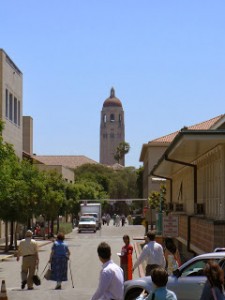How does Google attract the best talent and what does that have to do with medical school and residency training anyway? If you don’t have time to read the whole book How Google Works by Eric Schmidt and Jonathan Rosenberg, I strongly recommend this excerpt.
Schmidt and Rosenberg highlight their “secrets” on hiring, including the LAX test, “Googleyness,” and hiring folks they may not want to have a beer with. They say the most important skill a business person can develop is interviewing.
In the end they declare, “Nothing is more important than the quality of hiring,” which is the ultimate truth for medical admissions as well, of course.



